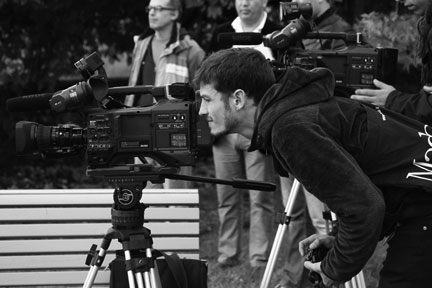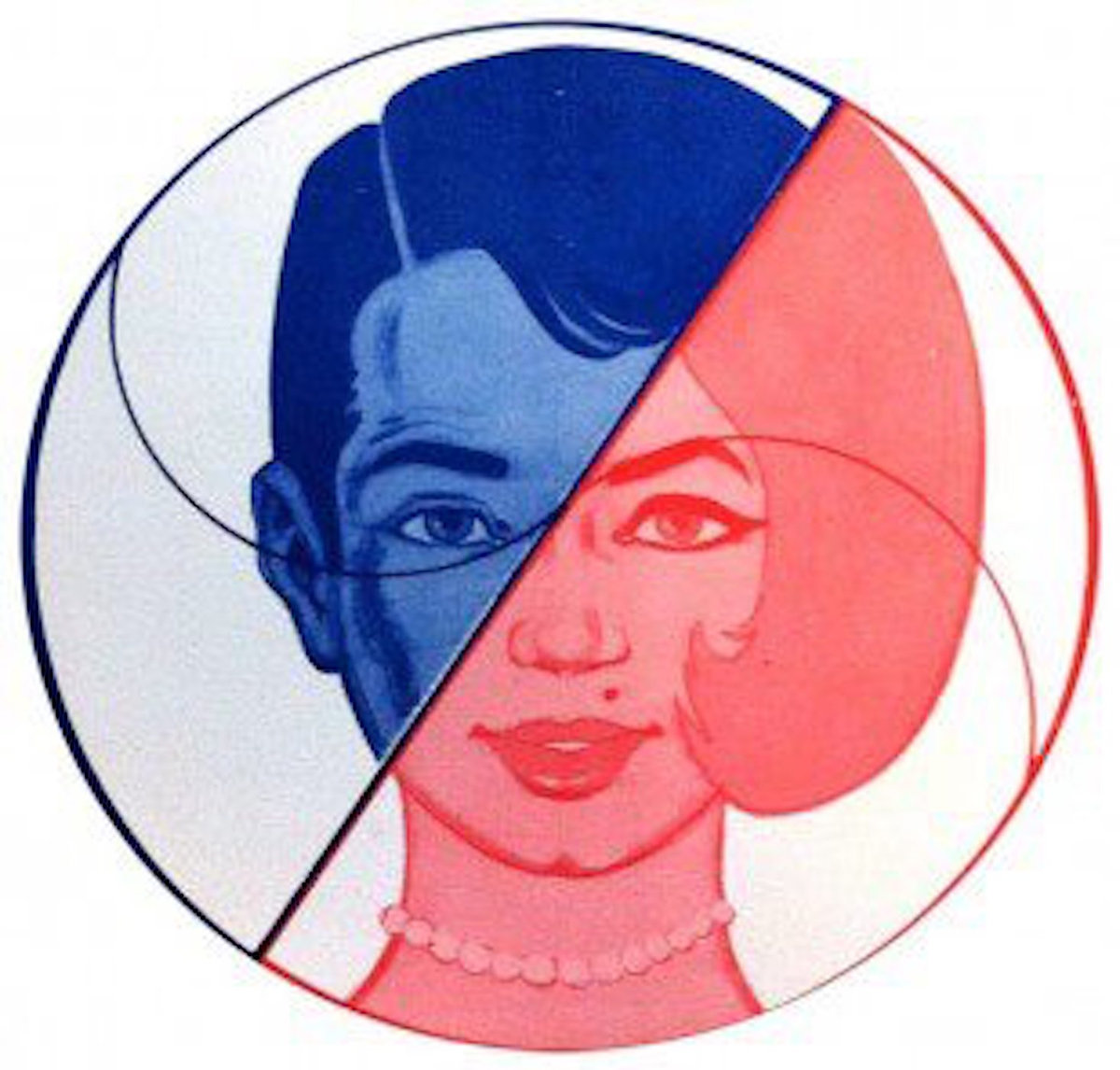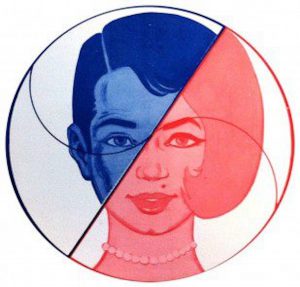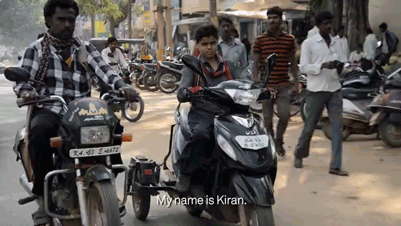
Carlos Motta
New York, NY
Carlos Motta is a multi-disciplinary artist whose work draws upon political history in an attempt to create counter narratives that recognize the inclusion of suppressed histories, communities, and identities. Motta’s work has been presented internationally at venues such as The New Museum, The Guggenheim Museum and MoMA/PS1 Contemporary Art Center, New York; Institute of Contemporary Art, Philadelphia; Museo de Arte del Banco de la República, Bogotá; Serralves Museum, Porto; National Museum of Contemporary Art, Athens; CCS Bard Hessel Museum of Art, Annandale-on-Hudson; San Francisco Art Institute and Hebbel am Ufer, Berlin. Motta organized a symposium and performative event (with Matthias Sperling) co-commissioned by Electra and Tate Modern Film, which premiered in February 2013 at Tate Modern’s The Tanks in London. Motta is a graduate of the Whitney Independent Study Program, was named a Guggenheim Foundation Fellow in 2008 and received grants from Art Matters in 2008, and NYSCA in 2010. He is part of the faculty at Parsons The New School of Design, The School of Visual Arts, Milton Avery Graduate School of the Arts at Bard College, the International Center of Photography and The Vermont College of Fine Arts.
From the Journal

Gender Talents
Carlos Motta is a multi-disciplinary artist whose work draws upon political history in an attempt to create counter narratives that recognize the inclusion of suppressed histories, communities, and identities.
Artist BioGender Talents is an archive of documentary video portraits and a platform for events that engages discourses and movements for gender self-determination within trans and intersex communities. The project presents portraits of trans and intersex activists who thoughtfully perform gender as a personal, social and political opportunity rather than as a social condemnation. Based on interviews conducted in Colombia, Guatemala, India and the United States, the project seeks to expose the ways that international activists challenge the bio-cultural “foundations” of society and question gender norms from the perspective of sexuality, class, race, ethnicity, and disability. Gender Talents documents the ways in which society conditions and regulates bodies and how gender activists build politics of resistance and action. From traditional Joggapa communities in India, to sex workers in Colombia and Guatemala, to intersex activists in the United States, these individuals and communities fight for state recognition, the right to self-determine their identities, self-govern their bodies, access to work, health benefits and other pressing issues.

